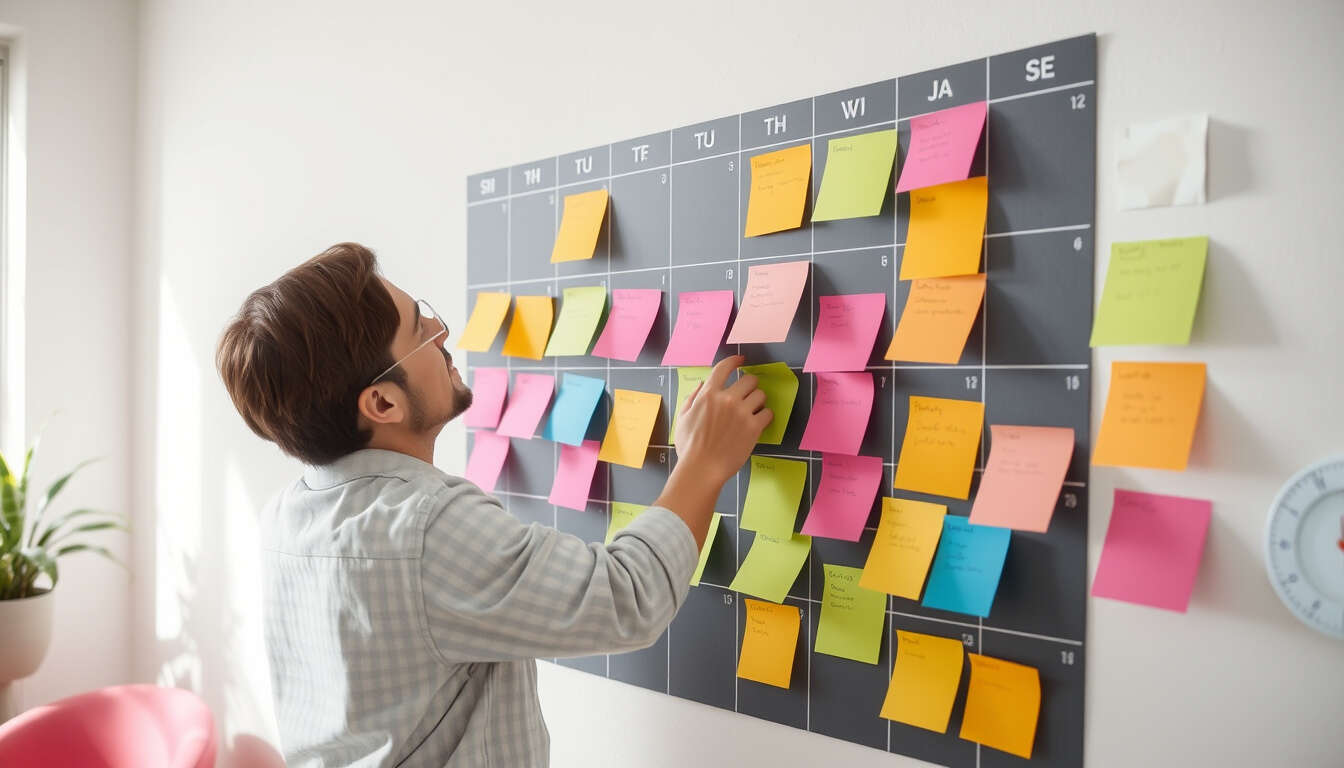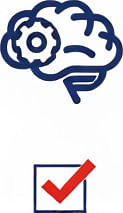Strategies for Event Planning with ADHD
 by Verner Mayer
by Verner Mayer
Discover practical techniques to manage event planning while living with ADHD. Learn how to break down tasks, use tools for focus, and build routines that support your unique needs, helping you succeed in organizing events with confidence.

Living with ADHD can present unique hurdles when organizing events, from weddings to work gatherings. It's common to feel overwhelmed by the details, but there are ways to approach this that honor your strengths and address challenges.
Building a Simple Plan
Start by outlining the basic elements of your event. Create a list of key tasks, such as selecting a venue or inviting guests. This helps in managing the process without getting lost in too many details. For instance, ADHD often involves difficulty with sustained attention, so keeping your plan straightforward can make a big difference.
One effective method is to use timers to allocate specific periods for each task. Set a timer for 15 minutes to focus on one aspect, like brainstorming themes. This technique, known as time blocking, allows for short bursts of concentration that align with how your mind works.
Using Visual Aids
Visual tools can be incredibly helpful. Draw a simple mind map or use sticky notes on a board to visualize the event flow. Apps with color-coded calendars provide a quick overview, reducing the mental load. Remember, it's okay to adapt these tools to fit your preferences; what matters is that they aid in maintaining focus during planning.
Incorporate breaks into your schedule. After completing a task, take a moment to step away and recharge. This prevents burnout and keeps energy levels steady, especially when dealing with multiple event aspects.
Teamwork and Support
Don't hesitate to involve others. Share responsibilities with friends or family to lighten the load. Communicating your needs clearly can foster understanding and create a supportive environment. For example, ask someone to handle RSVPs while you focus on decorations.
Tracking progress is key. Keep a journal of what works well and what doesn't, allowing you to refine your approach over time. This builds a sense of accomplishment and motivates continued effort.
Daily Routines for Success
Integrate event planning into your everyday routine. Dedicate a specific time each day to review your plan, making it a habit rather than a chore. Consistency helps in overcoming forgetfulness, a common experience with ADHD.
Finally, celebrate small wins along the way. Recognizing your progress reinforces positive habits and empowers you to tackle larger goals. With these strategies, event planning becomes an achievable part of life, turning potential stress into a rewarding experience.
